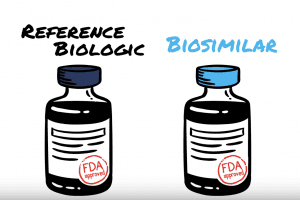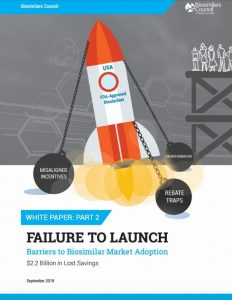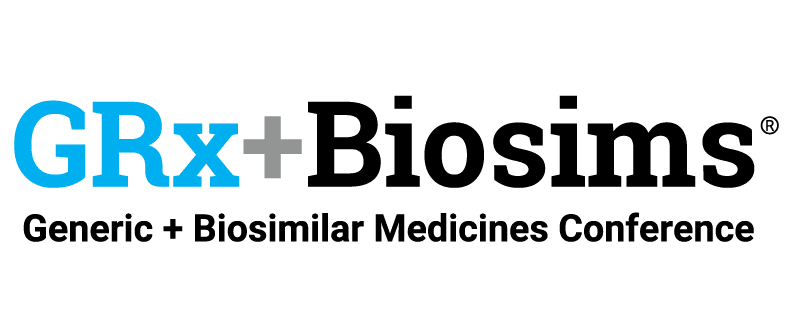2019 was a whirlwind year for biosimilars, highlighted by a record 10 U.S. Food and Drug Administration (FDA) approvals and increased uptake and utilization rates by payers. As former FDA Commissioner Scott Gottlieb observed, despite the significant challenges the U.S. biosimilars market faces, the “value proposition and the opportunities when it comes to biosimilars” is unparalleled, and stakeholders must continue to work in concert to fulfill their promise to increase access and savings for America’s patients.
U.S. Department of Health and Human Services Secretary (HHS) Alex Azar echoed this sentiment during AAM’s Access! 2019 conference saying, “Biologic drugs, today, represent almost 40 percent of prescription drug spending. The challenges are real, but so is the potential for [biosimilar] competition and savings.”
2019 – A Watershed Year for Biosimilars Education
The European Union has more than 700 million patient days of safe and efficacious biosimilar use. To elevate the European biosimilars experience, the Biosimilars Council partnered with the International Generics and Biosimilars Association to launch an educational video campaign that addresses the underlying science behind originator biologic and biosimilar development and approval in easy-to-understand terms for prescribers and patients.
In June, Kaiser Permanente Medical Group Internal Medicine Physician and Associate Executive Director Sameer Awsare, M.D., sat down with the Biosimilars Council to talk about biosimilars, their benefits and the hurdles to adoption in the U.S. He also answered common stakeholder questions related to this innovative class of medicine from his unique provider perspective:
- What is a biosimilar?
- Are biosimilars safe?
- Will increased biosimilar use benefit the U.S. health care system?
2019 also saw the Biosimilars Council launch its Member Spotlight series, first featuring Hillel Cohen, M.D., Executive Director, Scientific Affairs, Sandoz, Inc. Dr. Cohen shared his thoughts on increasing patient access to biosimilars through stakeholder engagement and education.
Dr. Cohen discussed how misguided FDA policy related to the naming of biosimilars and a lack of clarity from the agency on what it means when a biosimilar is “interchangeable” has led to stakeholder confusion and slowed uptake and utilization by providers and patients alike.
You can watch the full conversation with Dr. Cohen here.
Interested in learning more about interchangeability? Watch our video, Interchangeability 101.



